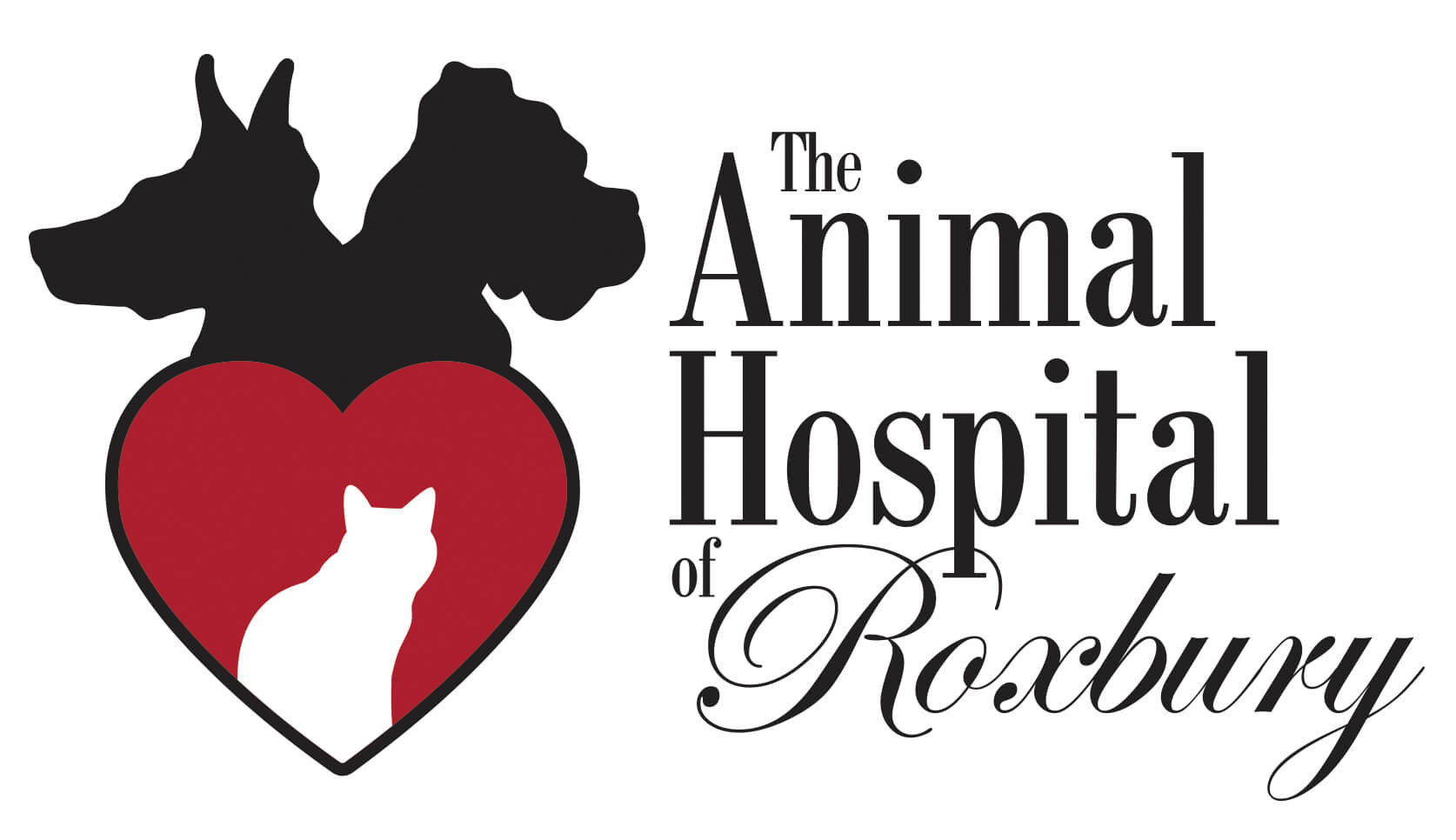
Learning All About Your Puppy with The Animal Hospital of Roxbury
Welcoming a new puppy into your home is an exciting and rewarding experience. At The Animal Hospital of Roxbury, we are committed to helping you navigate every stage of your puppy’s early development with expert veterinary care and guidance.
Our comprehensive puppy care program is designed to support your puppy’s health, growth, and behavioral development during their critical first year. From their first wellness exam to establishing a vaccination schedule and discussing proper nutrition, we’re here to provide the knowledge and care you need to ensure your puppy thrives.
Establishing a strong veterinary relationship early on is one of the best ways to promote long-term health and wellbeing. We invite you to schedule your puppy’s first visit with us, where we will take the time to answer your questions and develop a personalized care plan tailored to your pet’s needs.
At The Animal Hospital of Roxbury, your puppy’s health is our priority—today and for years to come.
Frequently Asked Questions
What vaccines does my cat need?
Most cats need core vaccines like rabies and FVRCP (feline viral rhinotracheitis, calicivirus, and panleukopenia). Depending on lifestyle, some cats also need the feline leukemia vaccine (FeLV).
What are core vaccines for cats?
Core vaccines are recommended for all cats, regardless of whether they live indoors or outdoors, because the diseases they protect against are serious and sometimes contagious to people. For cats, these include rabies and FVRCP.
What are non-core vaccines for cats?
Non-core vaccines are given based on your cat’s risk factors. The most common is the feline leukemia (FeLV) vaccine, which is especially important for cats who spend time outdoors or live with other cats that go outside.
What cat vaccinations are required by law?
Rabies is the only cat vaccine required by law in most states, even for indoor-only cats.
When should I start vaccinating my kitten?
We typically start kitten vaccines at 6–8 weeks of age, with boosters every 3–4 weeks until they’re around 16 weeks old.
How often does my cat need boosters?
Adult cats usually receive boosters every 1–3 years, depending on the vaccine and your cat’s health and lifestyle.
What are the benefits of vaccinating my cat?
Vaccines protect against dangerous diseases, help prevent the spread of illness, and keep your family safe from zoonotic diseases like rabies.
Are there any risks or side effects?
Most cats do great after vaccinations, but mild side effects like soreness or sleepiness can happen. Rarely, more serious reactions like swelling, vomiting, or trouble breathing may occur—if you see these, call us right away.
How do I know if my cat is up-to-date on vaccinations?
We keep detailed medical records for every patient. Just give us a call and we can confirm your cat’s vaccine status.
Can my cat receive multiple vaccines at once?
Yes, it’s common and safe for cats to get more than one vaccine in a single visit. We’ll tailor the plan to your cat’s needs.
What should I do if my cat has a reaction to a vaccine?
If you notice facial swelling, hives, vomiting, diarrhea, or breathing problems, call us immediately.
How do I prepare my cat for a vaccination appointment?
Bring them in a secure carrier, and let us know if they’ve had any recent health changes or past reactions.
Can indoor cats skip certain vaccinations?
Indoor cats still need core vaccines—especially rabies. Some viruses can travel indoors on clothing or shoes, and rabies laws still apply.
How do vaccinations help prevent feline diseases?
They “train” your cat’s immune system to recognize and fight diseases before they can cause serious illness.
What’s the difference between a vaccine and a titer test?
Vaccines boost immunity, while a titer test measures antibodies in the blood to check for existing protection.
Are there special vaccine considerations for senior cats?
Yes—older cats may still need vaccines, but we’ll adjust timing based on their health and risk factors.
Can my cat be vaccinated if it has a health condition?
Often, yes—but we’ll evaluate each case to make sure it’s safe and may adjust the schedule if needed.
What vaccines are required for boarding or travel?
Most boarding facilities require rabies and FVRCP. Some may also ask for FeLV, especially if cats have outdoor access. Airlines and international travel often have additional rules.
How do I keep track of my cat’s vaccination records?
We’ll give you official certificates and can send digital copies. Keep these for boarding, grooming, or travel requirements.
What is the cost of cat vaccinations, and is it covered by pet insurance?
It depends on which vaccines are given. Some pet insurance policies cover preventive care, but others only cover illness and injury.
How can I find a reputable vet for my cat’s vaccinations?
Look for a licensed veterinarian with good reviews, a cat-friendly facility, and a team that communicates openly.
What happens if I don’t vaccinate my cat?
You risk serious illness, may violate local rabies laws, and could face restrictions for boarding or travel.
If you have questions, we’d love to help. Give us a call at (973) 691-1771 or email us at [email protected]. And don’t forget to follow us on Facebook and Instagram!
